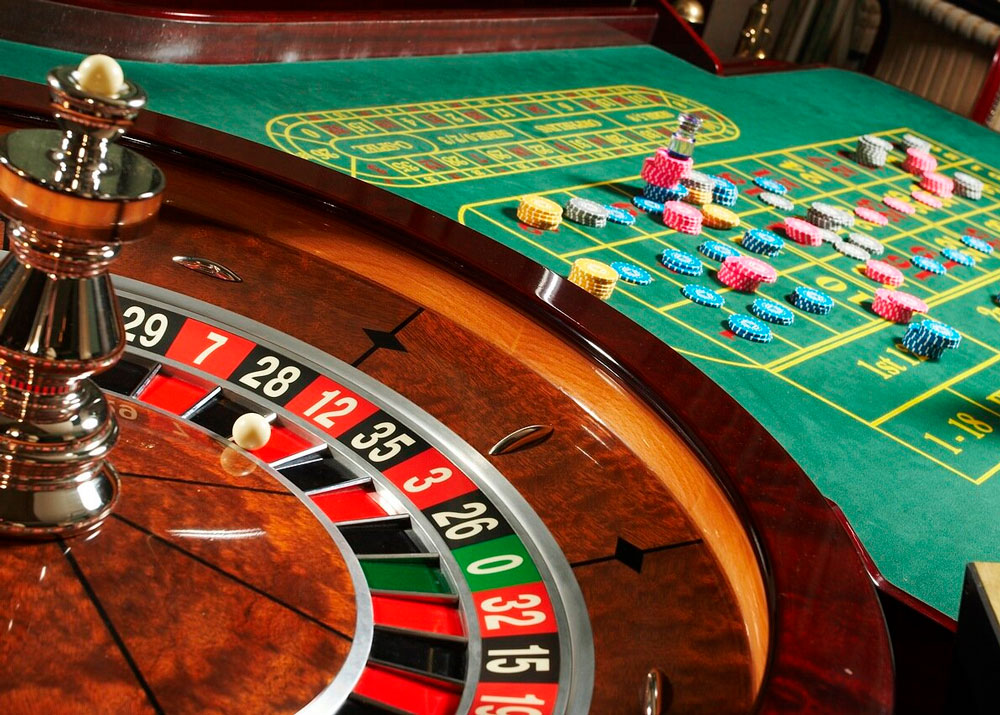The Silent Epidemic and a Digital Solution
Loneliness is one of the most pervasive yet overlooked issues of the 21st century. As social structures shift, work becomes remote, and in-person interaction dwindles, a growing number of people find themselves in emotional isolation. But as society has turned digital, so has solace.
Online casinos, particularly platforms like Στακε, have emerged not just as hubs of entertainment, but as unexpected refuges for lonely individuals. These platforms offer more than a chance to win – they provide presence, ritual, and the illusion of social contact in a gamified setting.
This article explores the curious intersection between gambling and loneliness, revealing how online casinos have become emotional sanctuaries for modern-day loners.
The Anatomy of Loneliness
Not Just Physical Isolation
Loneliness isn’t defined solely by being alone – it’s the perceived gap between desired and actual social connection. You can be surrounded by people and still feel lonely. Online casino players often fall into this paradoxical category: digitally surrounded but socially isolated.
Emotional and Cognitive Effects
Loneliness alters perception, increases anxiety, and can impair decision-making – making affected individuals more susceptible to gambling as a coping mechanism.
Why Online Casinos Appeal to the Lonely
24/7 Availability and No Judgment
One of the strongest draws is accessibility. Unlike traditional social settings, online casinos are always open and judgment-free. Players can interact – or not – on their own terms.
Simulated Social Presence
With live dealers, chat rooms, and multiplayer formats, platforms simulate social environments. Users may never meet, but the illusion of presence offers a surprising emotional boost.
Emotional Regulation
The controlled randomness of gambling offers a rhythm – a steady beat in a chaotic emotional landscape. For many, this becomes a ritual of self-soothing.
The Design of Digital Companionship
Friendly Interfaces and Personified Feedback
Modern platforms use avatars, greetings, and personalized prompts that mimic human interaction. A “Good luck, George!” feels more emotionally validating than it seems.
Behavioral Tracking for Simulated Recognition
Casinos analyze user behavior to offer tailored rewards and messages, which mimic recognition – a key component of human connection.
Loneliness by the Numbers
Demographics and Usage Patterns
Recent studies show:
- 38% of online gamblers identify as “socially isolated.”
- 26% say they play to “fill emotional emptiness.”
- Usage peaks at night – times traditionally associated with loneliness.
Emotional Language in Chat Rooms
Linguistic analysis of chat in online casinos reveals high usage of words like “bored,” “alone,” “finally someone,” and “missed this.”
Expert Insights on Emotional Substitution
Dr. Christos Niarhos, Psychiatrist
“Gambling provides a loop of engagement. It doesn’t solve loneliness, but it distracts from it. The danger is emotional substitution without resolution.”
Eleni Androulakis, Casino UX Architect
“We craft interfaces that feel personal and responsive. For lonely users, that design becomes emotionally sticky – like a friend that’s always online.”
Player Testimonials: Solitude and Slots
Manos, 42, Thessaloniki
“I work remotely, live alone. My only interaction some days is through the blackjack table. The dealer says hi, I feel noticed.”
Sofia, 35, Larissa
“I’m not after money – I just like the chat. People say good luck. It’s silly, but it helps.”
The Ritual of Connection
Predictable Engagement
Logging in becomes part of daily routine. Over time, this creates an emotional rhythm, mirroring rituals like morning coffee or bedtime reading.
Familiar Names and Digital Bonds
Players recognize each other in chat rooms. Even anonymous avatars become recurring characters in one’s emotional world.
The Risks of Emotional Substitution
Avoidance Over Resolution
While online casinos soothe loneliness, they can also mask it. Over time, players may avoid real-world efforts to reconnect socially.
Dependency and Escalation
What starts as emotional relief can morph into dependency. The thrill of a win becomes tied to feelings of companionship, complicating emotional regulation.
The Role of Design in Ethical Engagement
Mindful Triggers vs. Manipulative Hooks
Ethical platforms aim to keep users engaged without exploiting their emotional state. Features like reminder timers, mood check-ins, and opt-out messaging are becoming standard.
Empathy-Driven Interfaces
Designers focus on building emotionally intelligent systems – interfaces that understand player rhythm and mood without nudging toward excess.
Social Substitutes vs. Social Seeds
Can Casinos Encourage Real-World Connection?
Some platforms now explore ways to transform digital interactions into real-world community:
- Virtual meetups
- Charity jackpots
- Forum-based friendships
From Solitude to Community
While casinos simulate connection, they can also inspire it. Shared interests may lead to real friendships, even if they start with slot spins.
The Double-Edged Sword of Loneliness Relief
When Gambling Is a Lifeline
For the elderly, disabled, or geographically isolated, online casinos may be one of the few accessible social outlets. In these cases, digital gambling serves as a real emotional lifeline.
When It Becomes a Trap
However, emotional dependence without variety can create a feedback loop. Without alternative forms of connection, players may spiral into compulsive use.
Building Better Alternatives
Companion Apps and Mental Health Tools
Some casinos now partner with mental health apps or offer integrated tools for mood tracking and check-ins.
Integrating Well-Being with Wagering
Features like “pause-and-reflect,” emotional journaling, or gratitude pop-ups are designed to help users remain conscious of their emotional patterns.
Future Trends: Loneliness-Responsive Casinos
AI Companions and Emotional Chatbots
The next wave of platforms may include AI-based companions – digital friends that evolve with the user, offering conversation and support beyond gameplay.
Emotional Analytics for Intervention
Using real-time emotion detection (based on tone, speed, and interaction), casinos may soon offer opt-out nudges or emotional health reminders.
Conclusion: Finding Connection in the Spin
Loneliness is not a weakness – it’s a condition of the modern world. Online casinos have, intentionally or not, become emotional sanctuaries for millions. They offer ritual, recognition, and relief.
But these benefits come with responsibility. Both users and platforms must approach this digital refuge with awareness – celebrating its support while guarding against its traps.
Because behind every spin, card, or bonus is a person seeking not just luck – but a little bit of human connection.

